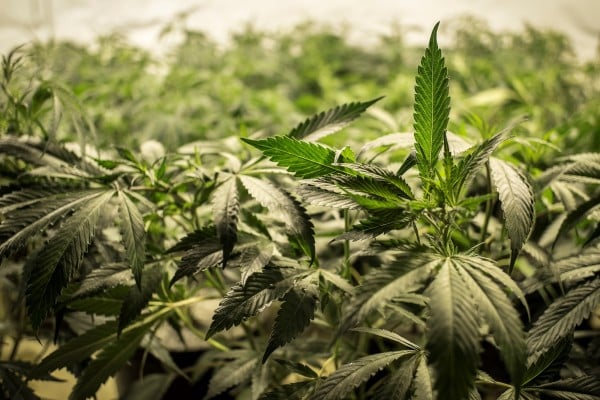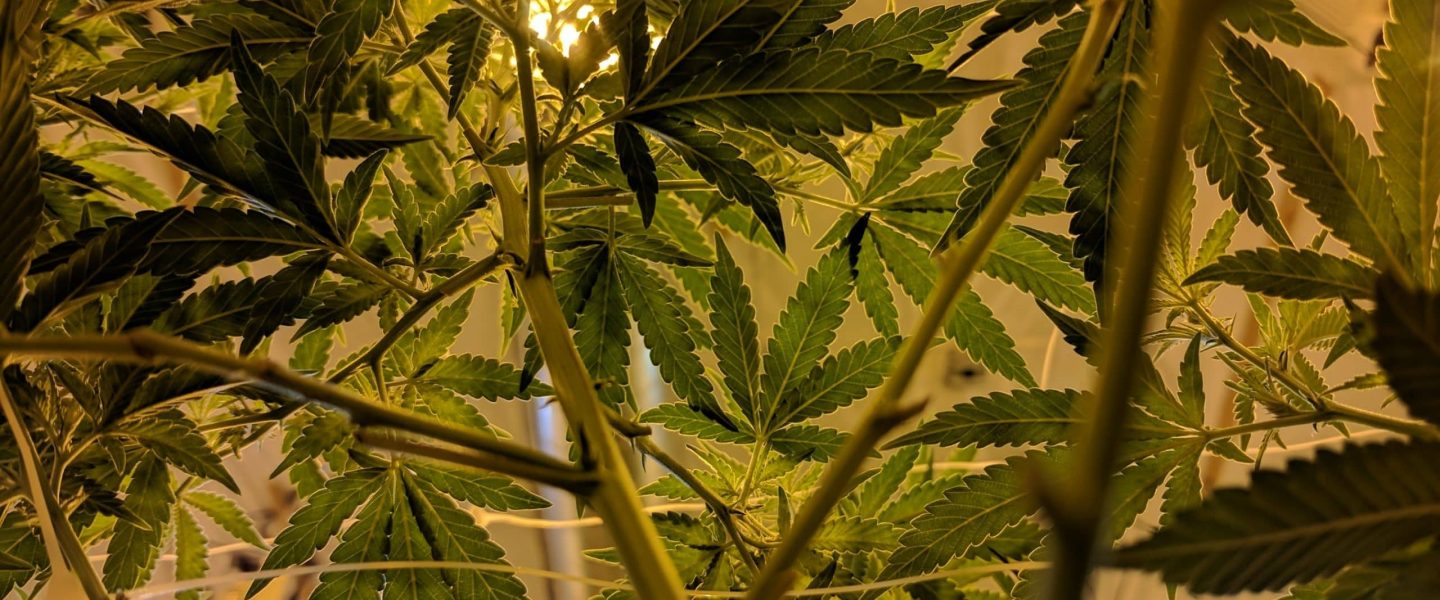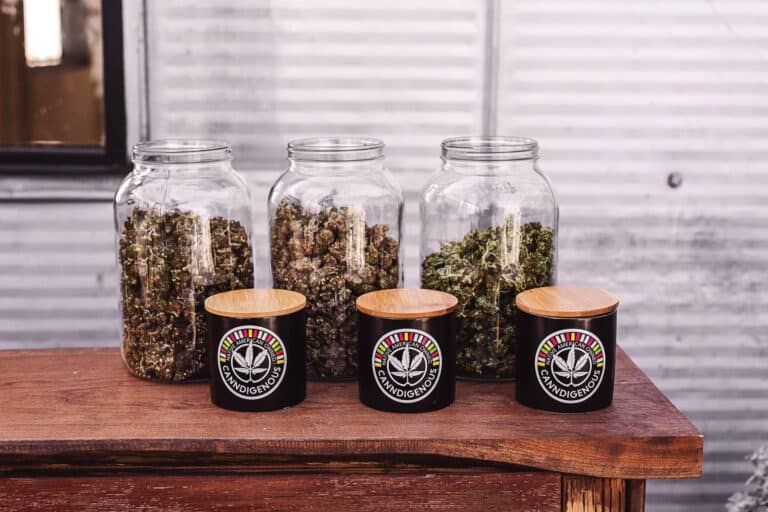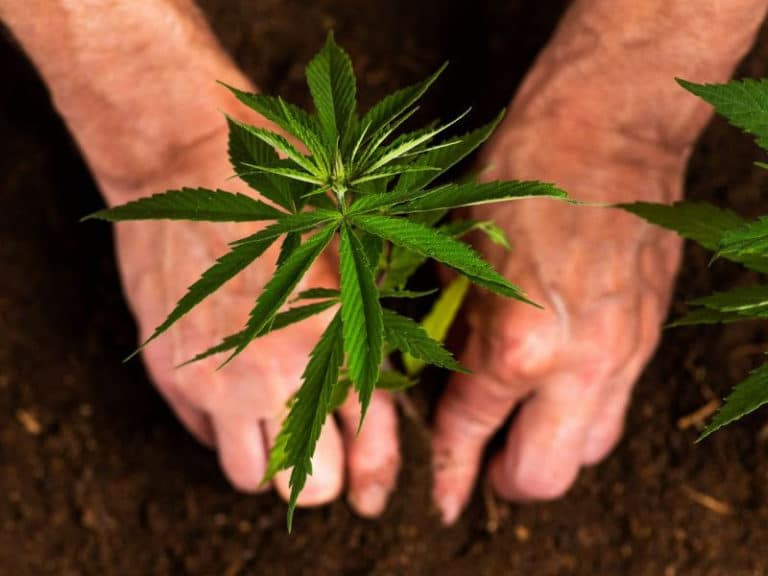
By Heather Ritchie
Continuing on from our story from last week, the plight of cannabis only gets worse. Apparently, people didn’t appreciate the meeting between Bob Dylan and The Beatles for what it was; highly influential to music.
Adding Criminal Charges
The UK’S 1964 Dangerous Drug Act was used to reduce the cultivation of cannabis and diminish its consumption. A new distinction between possession and distribution was laid out and cannabis convictions increased by 79 percent after a year because there was a new charge to add with the distinction. They rose 116 percent in 1967. Almost 90 percent of these charges were for simple possession of cannabis.
Drug raids by specialized task forces occurred regularly at famous residences like the homes of The Beatles and The Rolling Stones. Newspapers sensationalized stories to influence government officials to increase penalties for possession and distribution of cannabis.
Civil Strife
The National Council for Civil Liberties fought back and published literature on evidence planting and unjustified searches and raids. Demonstrations broke out, and people protested the unfairness of the drug laws in the UK. Although about 73 years too late, the Indian Hemp Commission on Drugs was mentioned for the first time in Parliament.
Finally, The Wootton Report, a report published by a drug dependence advisory committee, headed by Baroness Wootton, declared that there should be a clear distinction between cannabis and more dangerous drugs. While they proceeded cautiously, they did all agree that there didn’t seem to be any long-term harmful effects as a result of cannabis use. The committee didn’t want to encourage more extensive use of the herb, but they certainly could not see what good would come out of putting people in prison for possession of cannabis.
Eventually, the push for legalizing cannabis died down, though not for long, as other struggles appeared in the forefront. A new drug act passed before the 1970 election and was enforced in April 1973. It was more liberal in its applications and ended the fear of prison for simple possession of the plant. It was now classified as a B drug with fewer penalties than those for LSD and heroin. This act allowed for research and medical uses through proper licensing from the Home Office, and it didn’t ban seeds or fiber.
The 1970s and the 1980s
Throughout the 1970’s, people began the Legalize Cannabis Campaign again and argued that lessening penalties still didn’t make the law moral and it still did more harm than good. The Advisory Council suggested that cannabis be moved to Class C in 1979. They also reiterated that prison still shouldn’t be an option for those with no previous drug convictions or those convicted of cannabis possession. Eventually it was moved to the lesser class.
An expert group was established by the advisory committee to investigate the health effects of cannabis again. They still felt more research should be performed. In 1981, a new conservative government came into power, and they advised that they never would reduce the penalties for drug offenses, much less legalize cannabis.
Harsh fines and prison sentences have been common punishments since 1986 for all offenses other than cannabis possession. The 1988 UN Illicit Drug Convention supported these penalties and encouraged banking institutions to report people and businesses that they suspected could be dealing drugs.
A Modern Outlook on Cannabis
The late 1990s brought policies that aimed to reduce harm and decriminalize cannabis and people saw that these laws hadn’t had the negative impact that many feared they would. Over one-third of states in the European Union don’t allow prison as a penalty for minor cannabis violations even though all of them treat possession as a criminal offense.
No European government supports legalizing the herb for recreational use, and prison sentences are handed down for distribution. Coffeeshops became places to sell and use small amounts of cannabis in the Netherlands, and this began in the 1970s. Licensing is up to each municipality and nearly two-thirds don’t allow this activity. In 2014, there were 591 coffee shops in the Netherlands with only one-third of those located in Amsterdam.
There are some social clubs located throughout Europe that cater to cannabis, but no national government officially allows this. In surveys given in 2011 and 2014, over half of Europeans between the ages of 15-24 thought that cannabis should be banned.
Many people in Britain think that the government doesn’t have it right, though. Similar to the U.S. there are a couple medical cases involving children where medical cannabis was on the only treatment that would help. Even some conservatives feel the same way. “The former leader of the Conservative Party, William Hague, has gone further, saying current British law is not only inappropriate, ineffective and utterly out of date, but that the government should look to Canada.”
In 2009, cannabis was upgraded to a Class B, but now there is talk of changing it again to Class C. In the UK, Home Office advises that residents can’t possess any form of cannabis still. Sativex is the only licensed cannabis-based prescription in the UK for now.
Countries Other than America, Canada, and the UK
Uruguay
Uruguay led the way as the very first country in modern times to legalize recreational cannabis in 2013. They created social clubs and pharmacies as supply chains for the herb.
Portugal
In 2001, Portugal decriminalized possession of all drugs, including cocaine and heroin. The amount can’t exceed a ten-day supply for one person. Portugal also approaches drug abuse as a medical issue instead of a problem for the criminal justice system to become involved in. Drug-related deaths have fallen to some of the lowest in the European Union. HIV infections have also dramatically decreased.
Switzerland
Simple possession in Switzerland was given a flat fine of 100 francs as of 2012. As a result, it was decriminalized. Fines have almost entirely stopped at this time for administrative reasons.
Spain
Commercially selling cannabis is illegal in Spain, but cannabis has been decriminalized since the 1990s. Growing the plant for personal use is allowed. Cannabis clubs that are non-profit have become popular places to cultivate and smoke it. The regional government in Catalonia has launched a program allowing Sativex prescriptions for people with cancer and Multiple Sclerosis.
What’s Next?
The next decade will probably become critical in the campaign to legalize cannabis. As the various governments in Europe shed their archaic ways, they will probably look at the problem more logically than their predecessors did. More studies touting cannabis’s therapeutic benefits will allow other countries to look to places like Canada for guidance on cannabis regulation and legalization.






